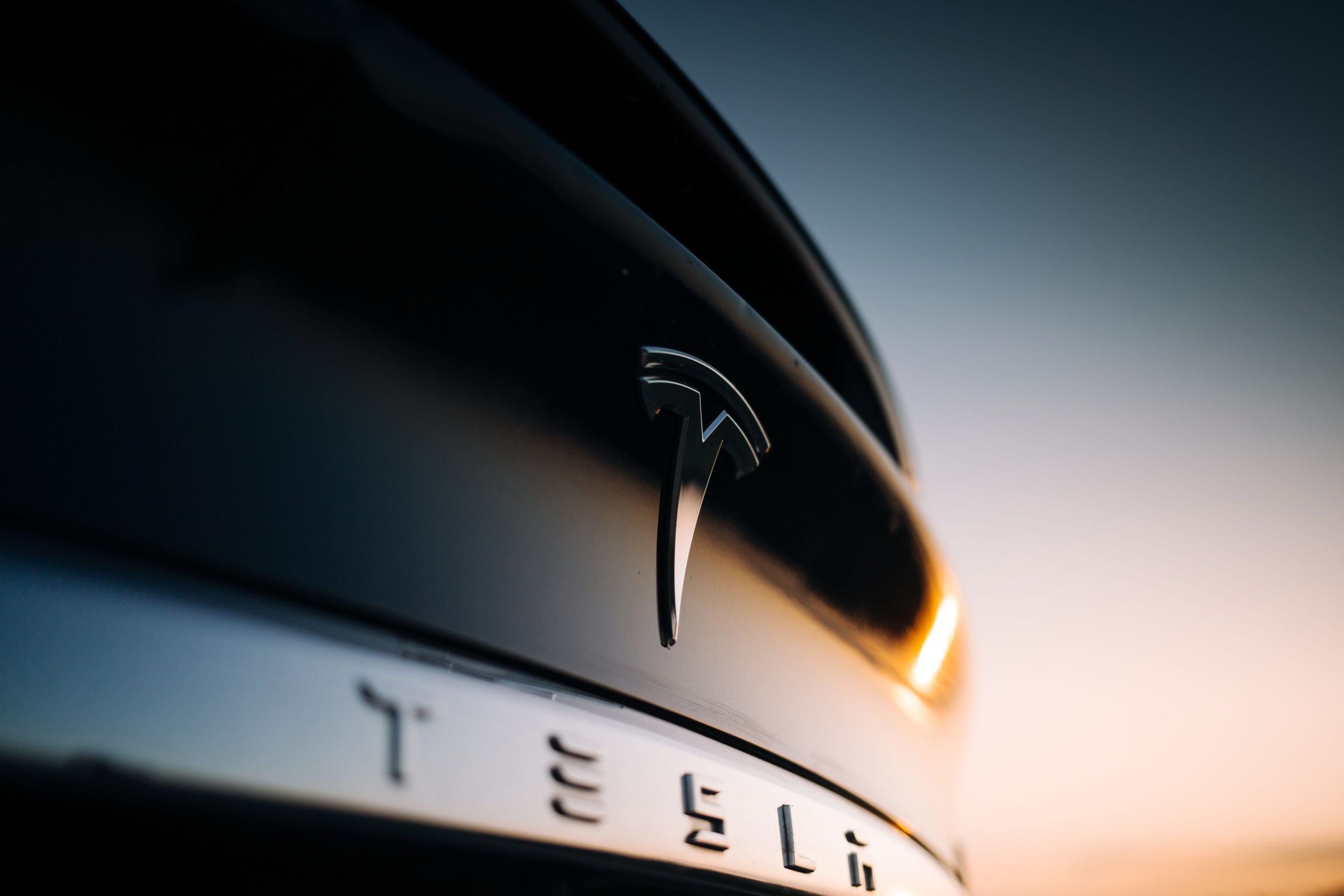
With the climate crisis a prominent issues at the forefront of many people’s present-day concerns, the government recently introduced draft legislation to exempt (non-luxury) electric cars from fringe benefits tax (FBT). In further good news, plug-in hybrid electric cars have now been added to the exemption.
Whilst the legislation is yet to be passed, we now have some answers to our questions around the details of the proposal.
The details…
The exemption will cover zero or low emissions vehicles, being:
- Battery electric vehicles
- Hydrogen fuel cell electric vehicles
- Plug-in hybrid electric vehicles – If the car has an internal combustion engine, it will only qualify if it can be recharged by an off-vehicle power source.
- Second hand cars can qualify, but only if their first retail sale was on 1 July 2022 or later.
The exemption does not cover vehicles other than ‘cars’ as defined for FBT purposes. So any vehicles designed to carry one tonne or more, or nine passengers or more, will not qualify for the exemption. This may rule out many of the dual cab ute options that are predicted to become more popular in the short term. The separate FBT exemption for many of these vehicles is more restrictive, being dependent on limitations on private use by employees.
The purchase price must be below the luxury car tax threshold for fuel efficient cars ($84,916 in 2022/23).
The cars will still result in reportable fringe benefits for employees, including for employees of not-for-profit employers. So unfortunately, employers will still need to perform FBT calculations and there is no reduction in the substantial administration cost attached to providing these benefits
There are no matching personal tax incentives being announced for business owners or private purchasers, who can’t access FBT exemptions. This significantly limits the impact the proposed changes can have, as the vast majority of vehicles on the road are not provided as fringe benefits.
When the rules take effect
The exemption is to apply retrospectively from 1 July 2022, but only to cars first held and used by a person (i.e. any person) on 1 July 2022 or later. This is described as the first retail sale being on or after this date. Cars ordered prior to 1 July 2022 will qualify if they are not delivered until 1 July 2022 or later.
The Explanatory Memorandum specifically recognises that salary packaging such vehicles will not affect their exemption from FBT.
If this legislation is passed, employers could consider offering staff the ability to salary sacrifice a car. A salary sacrifice essentially means that the employee forgoes part of their monetary salary, in exchange for employee benefits, such as leasing a vehicle. When it comes to leasing an electric vehicle, not only will an employer be taking climate action, but they will also simultaneously be reducing their employees’ tax.
Here’s how
If an employee salary sacrifice’s an electric or hybrid car that is exempt from FBT, the employee will receive substantial financial benefits. Namely:
1. Since the car will be exempt from FBT, the employee salary sacrifice (pre-tax) will comprise the lease payments and potentially the vehicle running costs. This essentially has the same outcome as if the employee were to claim 100% of the purchase cost and costs associated with operating the car as a tax deduction. This is because the employee’s taxable income will be reduced by the whole amount of the overall car expenses in the form of a salary sacrifice.
2. Secondly, the employer can claim back GST input credits, and pass this benefit onto the employee. This means the cost of the car to the employee is further reduced by this tax benefit that the employer can pass onto the employee.
3. These two points can therefore provide a substantial financial benefit to employees. For example, based on average numbers we have calculated an employee on the 37% tax rate purchasing a $50,000 car would potentially need to sacrifice $18,000 per year (being total costs of $20,000 less GST) and would save tax of potentially $7,000 per year. In this example, the car is only costing the employee $11,000 per year ($18,000 less the tax savings).
There are also additional indirect financial advantages, specifically:
1. Businesses can increase staff retention by virtue of employee satisfaction
2. Businesses can uphold corporate social responsibility with respect to environmental consciousness, which is gaining importance in maintaining both employee and client retention.
3. It is a practical measure to address the cost-of-living pressures for employees through tax reduction. It is also worth noting that this problem has been exacerbated by rising fuel costs – another cost that employees won’t have to incur.
Payroll Tax Exempt
As exempt fringe benefits salary packaged Zero Emission Vehicles are currently exempt from Victorian and NSW payroll tax as well. Nevertheless, the expectation is that State Governments may amend the Payroll Tax law to include packaged FBT exempt Zero Emission Vehicles in the Payroll Tax net.
The Government will review the operation of the concession after 3 years in light of electric car take up. No word as to what will cause the exemption to cease to apply. With current supply shortages, one issue may be actually finding a Zero or Low Emission Vehicle to package up in that time frame.
It is great to see the government using FBT to assist in achieving socially responsible outcomes. If you have any queries concerning the packaging of electric vehicles or zero emission vehicles that are exempt from fringe benefits tax, please reach out to our team and we will endeavour to do our best to assist.
The Team at Rose Partners

